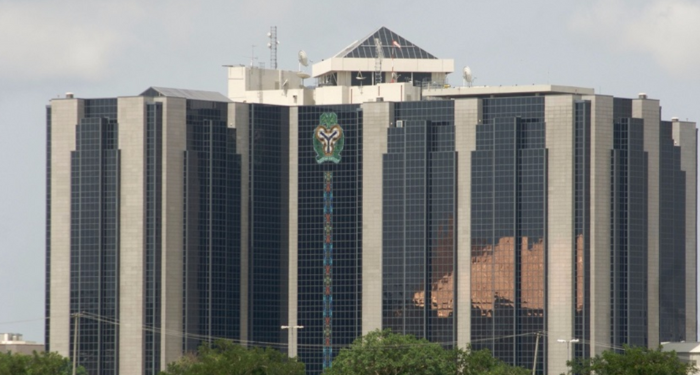The Central Bank of Nigeria (CBN) has formally announced the establishment of a dedicated Compliance Department, marking a significant step in its ongoing efforts to enhance regulatory effectiveness and streamline supervisory responsibilities.
According to a circular signed by Olubunmi Ayodele-Oni, the new department was created in Q1 2025, with full operational responsibilities commencing in Q2 2025.
The move is part of a broader structural reform aimed at consolidating oversight functions, clarifying institutional roles, and ensuring focused supervision of non-prudential and emerging risks.
Compliance Department Key Focus
The Compliance Department now oversees the following key areas:
- Financial Crime Supervision — including Anti-Money Laundering (AML), Counter Financing of Terrorism (CFT), Counter-Proliferation Financing (CPF), and sanctions compliance
- Market Conduct Supervision — covering disclosure practices, complaints management, and advertising standards
- Enterprise Security Supervision — including cybersecurity, data protection, and third-party risk management
- Corporate Governance and ESG Supervision — focusing on board effectiveness and environmental, social, and governance oversight
Directive to All Regulated Financial Institutions
The CBN has directed all regulated financial institutions to channel future reports, correspondence, and inquiries related to these areas to the Director of the Compliance Department via established communication protocols.
Institutions will receive further guidance on designated points of contact and submission procedures directly from the Department.
“The establishment of the Compliance Department is a strategic move to embed regulatory discipline and ensure robust oversight of non-prudential risks,” the circular stated.
The CBN reaffirmed its commitment to working collaboratively with financial institutions to ensure a smooth transition and uphold the highest standards of regulatory compliance.
Significant Rise in Financial Fraud Cases
In July, the CBN raised the alarm over a significant rise in financial fraud cases in the country, revealing that fraud surged by 45% within one year, with 70% of the resulting losses traced to digital channels, particularly unregulated virtual asset platforms.
This was disclosed by the CBN Governor, Olayemi Cardoso, in a speech delivered on his behalf by Muhammad Sani Abdullahi, Deputy Governor for Economic Policy, at a public lecture organized by the Economic and Financial Crimes Commission (EFCC).
He added that findings from the CBN’s Financial Stability Report 2024 reveal a sharp increase in fraud
Cardoso noted that while digital innovation has enabled broader financial inclusion, it has also introduced complex regulatory and security challenges.
What You Should Know
- Recently, the CBN issued a directive mandating all participants in the country’s payment ecosystem to complete migration to the ISO 20022 messaging standard and implement mandatory geo-tagging of payment terminals by October 31, 2025.
- In a circular published on its official website, the apex bank reminded Deposit Money Banks (DMBs), Microfinance Banks (MFBs), Mobile Money Operators (MMOs), Switching and Processing Companies, Payment Terminal Service Providers (PTSPs), Payment Solution Service Providers (PSSPs), Super Agents, and other licensed operators that ISO 20022 is now the global benchmark for payments messaging.














